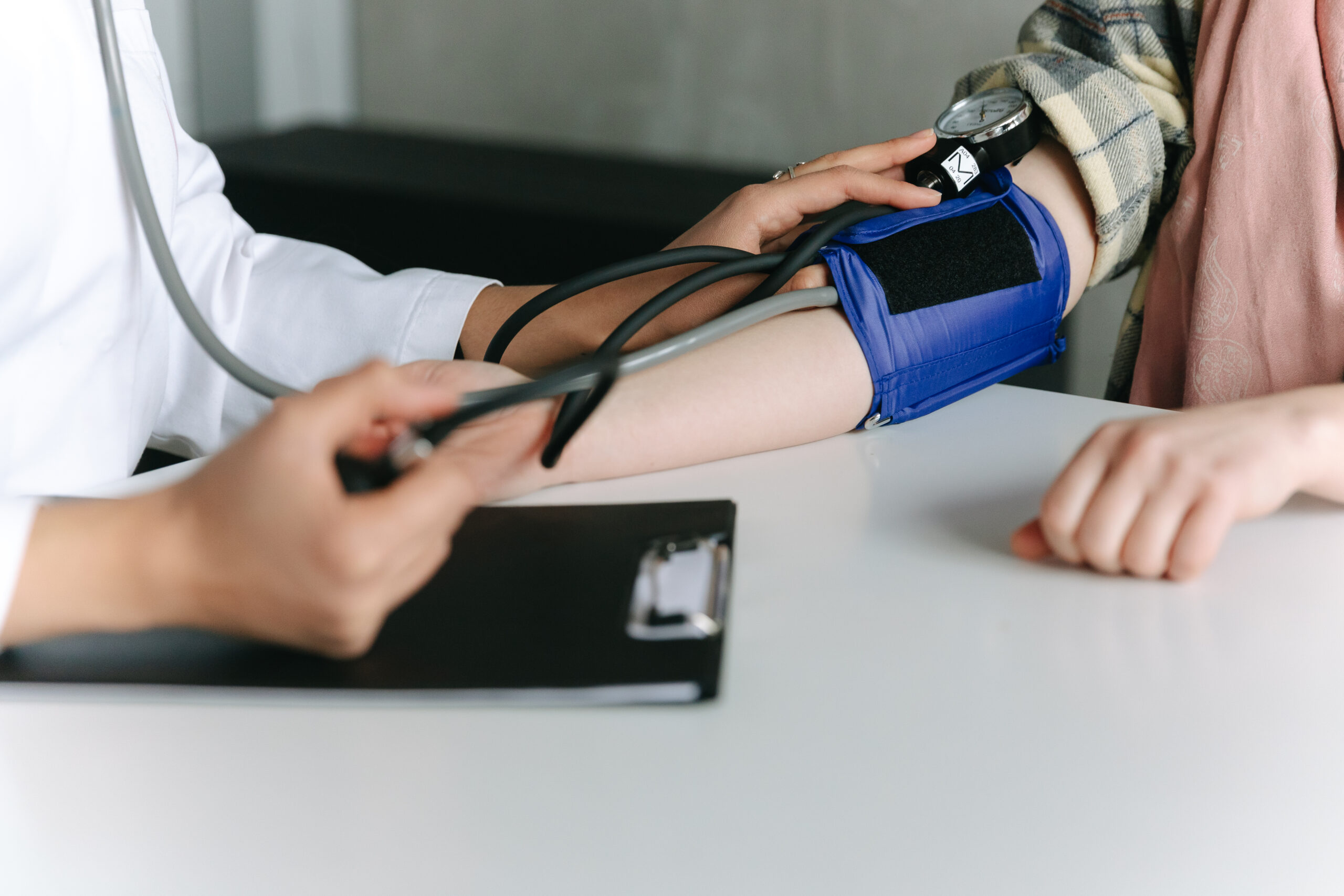What are the symptoms of hypertension?
Title: What Are the Symptoms of Hypertension?
Introduction:Hypertension, commonly known as high blood pressure, is a chronic condition that affects millions of people worldwide. Often called the “silent killer,” hypertension can go unnoticed for years, causing damage to vital organs without any apparent symptoms. However, understanding the symptoms associated with hypertension is crucial in diagnosing and managing the condition effectively. In this blog, we will discuss the common symptoms of hypertension and why you shouldn’t ignore them.
1. Headaches:Frequent headaches, particularly at the back of the head, can be an early warning sign of hypertension. These headaches are often described as intense or pulsating and may worsen with physical activity. While headaches can be caused by various factors, if you experience persistent or severe headaches, it is essential to consult a healthcare professional to check your blood pressure levels.
2. Dizziness and Lightheadedness:Feeling dizzy or lightheaded can be another symptom of hypertension. When blood pressure rises to high levels, it can disrupt the balance of oxygen-rich blood reaching the brain. This lack of blood flow can cause dizziness, especially when standing up quickly. If you frequently experience dizziness or have difficulty maintaining balance, it’s important to get your blood pressure checked.
3. Shortness of Breath:If your blood pressure is consistently high, it may lead to heart problems and result in shortness of breath. When blood vessels narrow due to hypertension, the heart has to work harder to pump blood, causing strain on the cardiovascular system. This can result in breathlessness, even during minimal physical exertion. If you find yourself experiencing unexplained shortness of breath, it’s worth checking your blood pressure.
4. Chest Pain:Hypertension can also cause chest pain, also known as angina, due to reduced blood supply to the heart muscles. Though chest pain can be an indicator of other issues, such as heart disease, it is crucial to consider hypertension as a potential cause. If you frequently experience chest pain, seek medical attention promptly.
5. Visual Problems:In some cases, hypertension can affect the blood vessels in the eyes, leading to vision problems. Blurred vision or experiencing sudden visual disturbances may be associated with hypertension and should not be ignored. These symptoms can be a sign that blood vessels are being damaged due to high blood pressure.
Conclusion:While hypertension is often symptomless, it is vital to be aware of the potential signs that your blood pressure may be elevated. Headaches, dizziness, shortness of breath, chest pain, and visual problems are some of the symptoms that may indicate hypertension. If you experience any of these symptoms persistently, it is crucial to consult a healthcare professional for an accurate diagnosis. Early detection and management of hypertension can prevent complications and improve overall health and well-being. Remember, regular blood pressure monitoring and adopting a healthy lifestyle are essential in managing and preventing hypertension.



